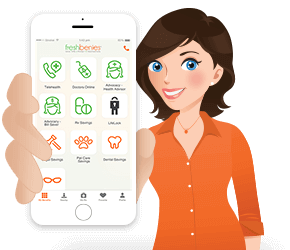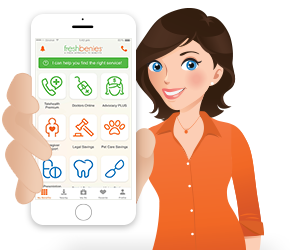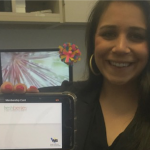Beyond a Transaction Approach: Broker vs. Consultant
A version of this article was originally published in Employee Benefits Advisor and shared on Q4intelligence Crushing Mediocrity blog.
The insurance industry has two very distinct types of sales people. Back when health insurance was affordable, selling group policies was the norm for the benefits broker. As regulations and expenses have both risen to new heights, the ideas, advice, and outcomes employers need have also risen to new heights. And the way brokers and consultants work with clients must rise along with it.
We have a client who shared advice he got from “silverback” brokers encouraging him to get into the business. They claimed it was a numbers game – make 100 calls, get 10 meetings, write two new clients. That worked well 20 or 30 years ago when many sales people successfully grew their own agencies.
But it’s a different game now and those clinging to the past are seeing their days sunsetting along with their businesses. Alternately, those approaching the role from the perspective of a consultant, whose job is to constantly educate themselves and offer advice and counsel around business strategy, are seeing refreshingly new conversations with employers.
Which better describes your approach to sales?
Expertise
Broker: Your expertise lies in the products you sell, the carriers you represent, and the different ways you can redistribute the financing of the health insurance plan.
Consultant: Your expertise lies in understanding how a business operates and what role benefits and HR play in the P&L, the operations, and the engagement and management of its employees. You recognize that changes to the cost of the plans are not the only way to have a significant financial and operational impact on an organization, and you help lead clients to this recognition.
Contacts
Broker: Your network consists of the purchasers of health care plans. This may be the HR manager or it may be the owner/CFO, but you’re generally focused on one type of buyer and dismiss the other as either being irrelevant or unattainable.
Consultant: Your network consists of many people across the organization. You work with the decision makers and the influencers alike, recognizing the roles that each plays in the decision-making and implementation processes, and you appreciate what they can bring to the conversations and how each benefits. You help this buying team reach a consensus.
Advice
Broker: You focus on the off-the-shelf products you can bring employers, the pricing offered by the third parties, and how your offering compares to their current plan. Your goal is to get a commitment from the buyer as soon as possible and hope that someone else doesn’t come along to undercut your efforts, either internally or from another broker brought in on an RFP.
Consultant: You focus on the needs the client has and how you can potentially bring them solutions that will improve their organization, both financially and operationally. You expand your conversations to be about both their healthcare plan needs, but also their employee and HR needs as well. You look for solutions to help the employer address these needs, regardless of what’s currently in your toolbox. You may have to find new solutions, forge new relationships, learn new products and ways of working, and challenge yourself along the way.
Timing
Broker: You collect renewal dates and target your selling efforts in the 90 days prior to renewal. Your conversation is about the current plan design, the proposed plan design, and the spreadsheet. You expect the prospect to select you as the broker along with the new plan you’re proposing.
Consultant: You also collect renewal dates, and then you schedule your selling efforts off renewal. You explain the difference between selecting a plan design and the carriers who deliver the plans vs. selecting a consultant to help you navigate the waters of goals, plan designs, carriers, and outcomes. You look for a right fit to be selected as the consultant and then you help them prepare for their renewal strategy and manage the process.
Connecting
Broker: You cold call, accept all referrals sent your way, and pray for a miracle. You have a profile on LinkedIn, but you can’t remember the password and haven’t looked at it in three months. It has minimal information about you and your experience, and chances are good you have outdated contact information. You’re probably not connected to all your clients and you’re certainly not connected to your prospects because then they’d know you’ve been looking at them!
Consultant: You network in-person regularly through business events that put you in front of your target audience. You talk to your clients, explaining to them the type of businesses that benefit most from the work you do and ask them for referrals and introductions to those types of businesses.
You have a profile on LinkedIn that you visit at least daily. It’s filled in with complete history and current information about the work you do. You post ideas and stories regularly about topics of interest and education directed at your clients and prospects, you interact with and promote your clients, prospects, and partners as their biggest champions, and you regularly make introductions amongst your connections to help build a stronger network.
Where do you fit in?
If you read these and recognize yourself in the broker descriptions, I highly recommend making a personal commitment to up your game. If you have to compete against the growing group of consultants, you are going to get run over and find yourself sunsetting earlier than you may have anticipated.















